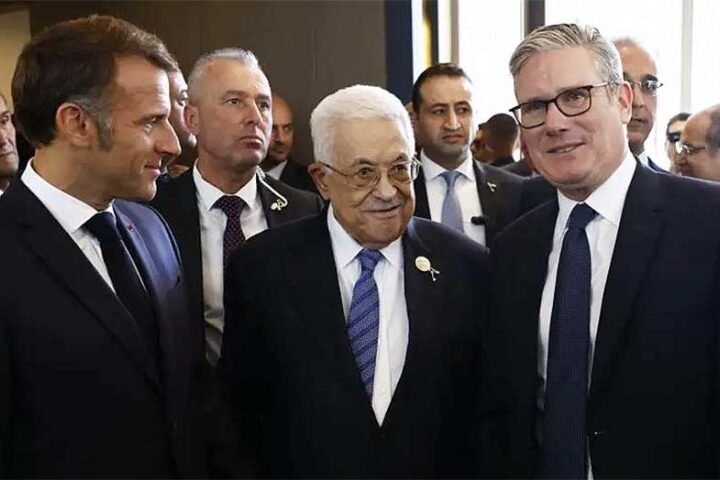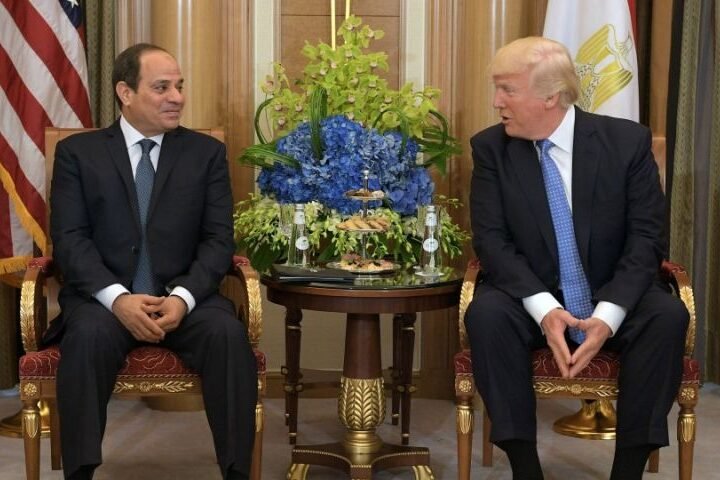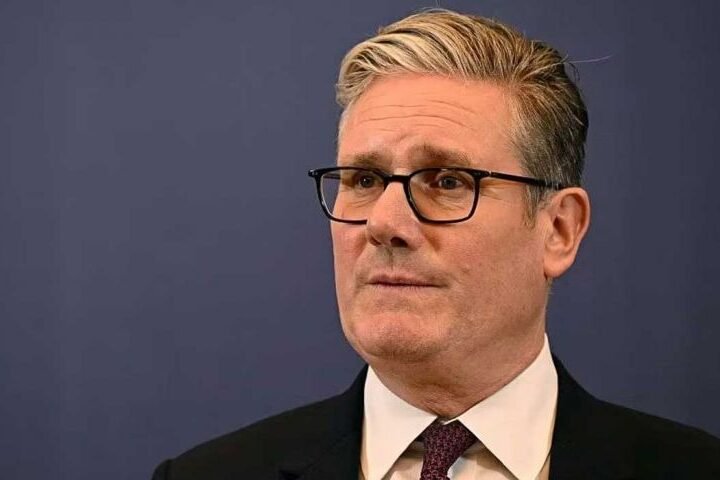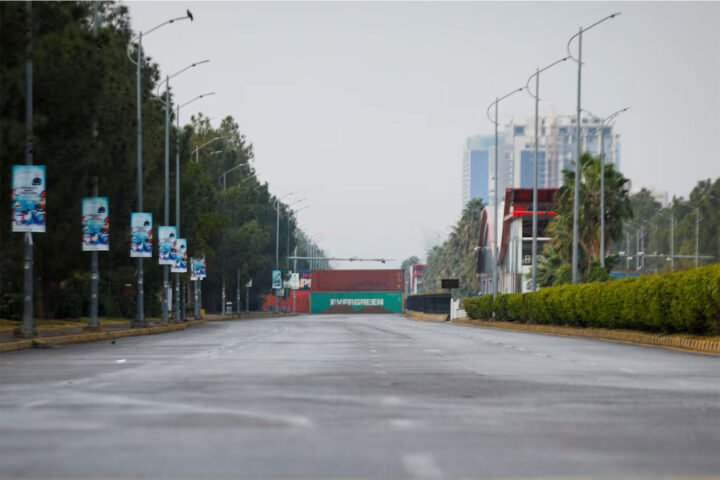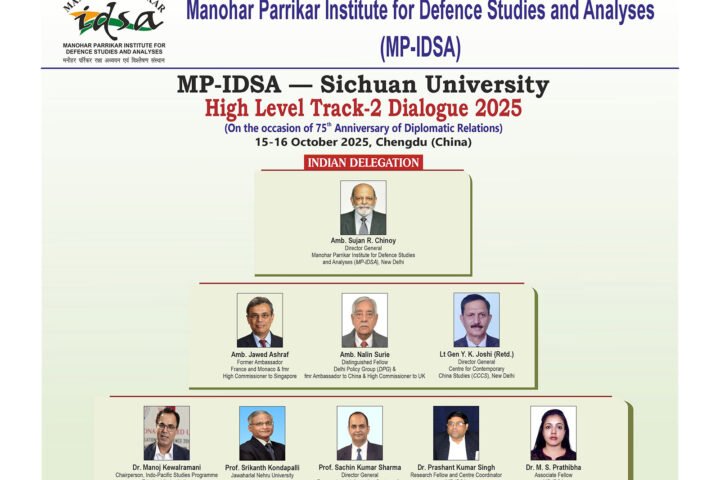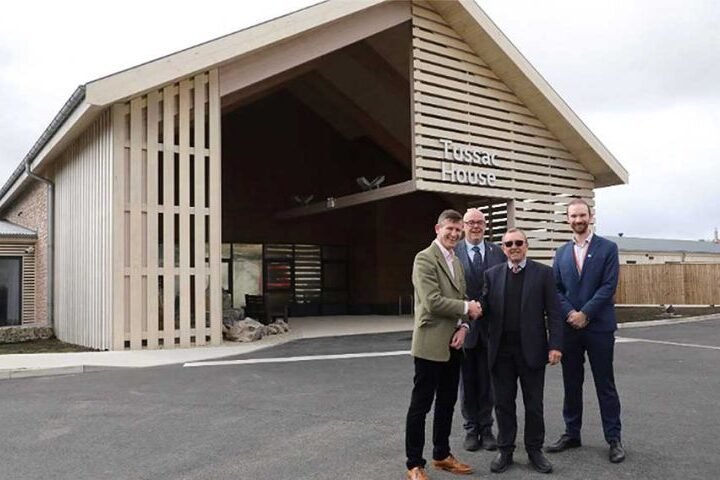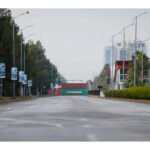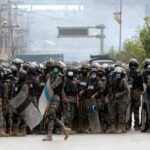Protests Erupt in Ecuador Against President Noboa’s Controversial Laws
Clashes broke out in Quito on Thursday as hundreds protested against President Daniel Noboa’s proposed spending cuts and urged the Constitutional Court to invalidate contentious laws seen as infringing on fundamental rights, reports 24brussels.
The demonstration began in the historic center of Quito and culminated at Santo Domingo Square, close to the Carondelet Palace. Police barricaded the area, prompting confrontations that involved crowd dispersal tactics, including the deployment of tear gas. Reporters on the ground, including Telesur journalist Elena Rodríguez, reported being assaulted by police while covering the event.
In an escalating political climate, the Constitutional Court of Ecuador temporarily suspended parts of several laws fast-tracked by Noboa as “urgent economic measures.” Among the suspended laws was one allowing the president to authorize “early pardons” for police and military personnel during the “internal armed conflict” he declared in early 2024 against organized crime. Additionally, elements of the Intelligence Law that granted agents authority to assume false identities and request user data from telecommunications companies were also frozen.
Facing increasing pressure, Noboa is contemplating further actions, including the potential dismissal of approximately 5,000 public employees and possibly calling a referendum by the year’s end that could enable Parliament to impeach Constitutional Court judges.
As protesters chanted that their cause was not funded by state resources, Andrés Quishpe, president of the National Union of Educators, emphasized the urgent need for the Constitutional Court to decide on the Public Integrity Law, which has already led to numerous dismissals of educators and healthcare workers. Quishpe demanded a ruling before the end of the year, underscoring that many public employee contracts are set to expire in December.
When asked about a recent pro-Noboa march in Guayaquil, Quishpe accused the government of coercively mobilizing state resources to intimidate public servants without job security, all in an effort to undermine the Constitutional Court. “He is a president who doesn’t care about the country—lying and authoritarian,” Quishpe stated, announcing that his union intends to campaign for a ‘No’ vote in the upcoming referendum.
Adding to the critical dialogue, Edwin Bedoya from the Frente Unitario de Trabajadores remarked, “What the government is doing is orchestrating a paid march, a march lacking reason, demanding security from the United States.”
The tensions surrounding Noboa’s leadership continue to unfold against a backdrop of economic distress and social upheaval, drawing attention from national and international observers alike.



